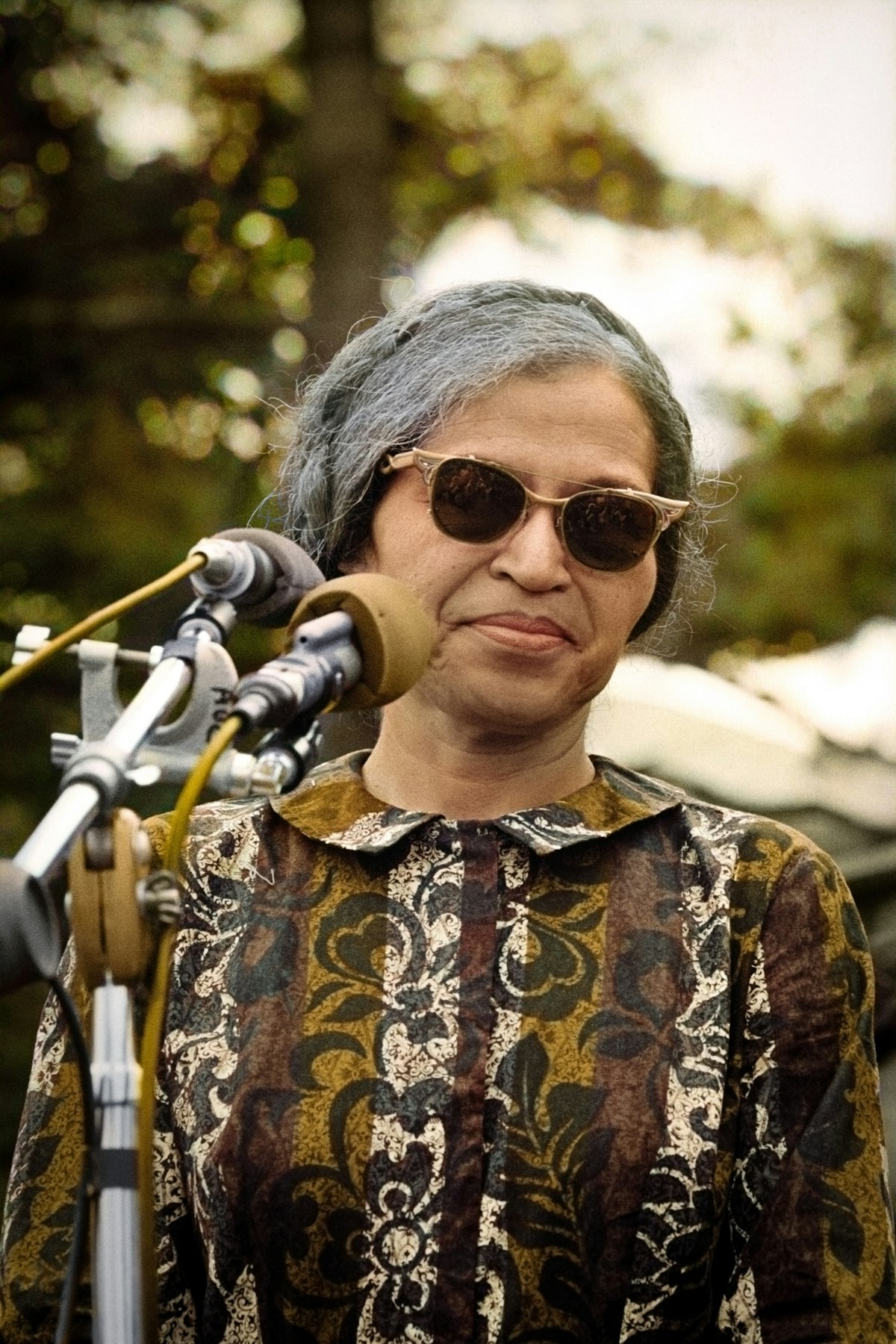That Friday Freeling
Throughout the 20th century up to the present times, society has trained us to favor extroverts. Those Wolfs of Wall Street, Zelda Fitzgeralds, and anyone wearing sunglasses at night.

This week's book: Quiet: The Power of Introverts in a World That Can't Stop Talking by Susan Cain.
The book, Quiet was recommended to me by a fellow bibliophile and best friend who, like moi, I believe is an extroverted introvert, or is it an introverted extrovert? Aha, an ambivert is what they say, tomato, tomahto.
Throughout the 20th century up to the present times, society has trained us to favor extroverts. Those Wolfs of Wall Street, Zelda Fitzgeralds, and anyone wearing sunglasses at night. We were schooled to assume that the extroverts would grow up to be the big top earners skipping their way up the corporate ladder and scoring the winning slam dunk to lead their team to another championship while introverts were happy with staying in the mail room and would rather have bleacher seats than courtside. Pre-judgments didn't appear out of thin air, they were planted inside of us by our culture. Susan Cain does a damn good job at challenging these assumptions and changing the angle in which we view the world and the introvert's place in it.
Excerpt:
I had always imagined Rosa Parks as a stately woman with a bold temperament, someone who could easily stand up to a busload of glowering passengers. But when she died in 2005 at the age of ninety-two, the flood of obituaries recalled her as soft-spoken, sweet, and small in stature. They said she was "timid and shy" but had "the courage of a lion." They were full of phrases like "radical humility" and "quiet fortitude.”
~ Susain Cain, Quiet, 2012
Thoughts
For most of my life, I would have easily placed an "x" inside of the extrovert box when asked on one of those personality tests. I think back to myself in my 20s parading around The City (of New York) from one engagement to another, networking was the hidden talent that I never tried to hide. In my early 30s, I jetted off by myself to the UAE to start a new job, build a new life, and create a new community and it didn't scare me at all. In my book, I screamed, "extrovert!" But then I read this book, and whoa now not so fast.
Meeting the description of some characteristics introverts embrace such as "Many have a horror of small talk, but enjoy deep discussions” I wondered to myself, "Is it possible to change from extrovert to introvert?" and "Was I an introvert all along and just got fooled into thinking otherwise?" It was as though I was having a hard time coming to terms with the idea, or fact, that I may be an introvert. But the more I learned about introverts, the more I related to them, they seemed familiar. It was like meeting a part of myself that has been unrevealed for many years. I could not be exactly pigeonholed into this category of people, but I could whistle their tune. Again, ambivert.
Let's take a closer look at Rosa Parks. A famed historical figure who did one of the most rebellious acts a black woman living in Montgomery, Alabama in 1955 could do. Not giving up her seat on the bus to a white man.
They said she was "timid and shy" but had "the courage of a lion." They were full of phrases like "radical humility" and "quiet fortitude.”
Rosa Parks was an introvert. When refusing to give up her seat on the bus she was portraying "passive resistance," which came with consequences such as being arrested and losing her job. But this did not stop her from moving mountains as a civil and social rights leader. Rosa Parks didn't have to shout to be heard, she simply, and quietly stood her ground, and calmly relayed a clear message. Later when writing her memoir she decided to call it none other than Quiet Strength.
Introversion does not mean being invisible. Oftentimes soft-spoken, calm, and, well, introverted people get misunderstood for people who are weak, uncertain, fragile, anemic even. They often also tend to be highly sensitive people (HSP) and wouldn't you know, HSPs often feel misunderstood. Rosa Parks's quiet fortitude may have been the inner spark that made her shine on December 1st, 1955, and made her the ideal candidate to challenge the segregation law by appealing her conviction. Her arrest also led to a 381-day public bus boycott, catching the attention of the U.S. Supreme Court which eventually led to the outlaw of segregation on public buses in Alabama in 1956.
In Rosa Park's autobiography she states that "In fact if I had let myself think too deeply about what might happen to me, I might have gotten off the bus.” While introverts do tend to think deeply and have more activity in their frontal cortex, the part of the brain that controls attention, decision-making, and planning this balance between deep thought and firm decision-making is a sort of superpower for introverts. They do not need to yell, cause a rambunctious scene or elevator pitch themselves into oblivion to get their point across. In Rosa Park's case, she quietly, but boldly, just said, "No."




